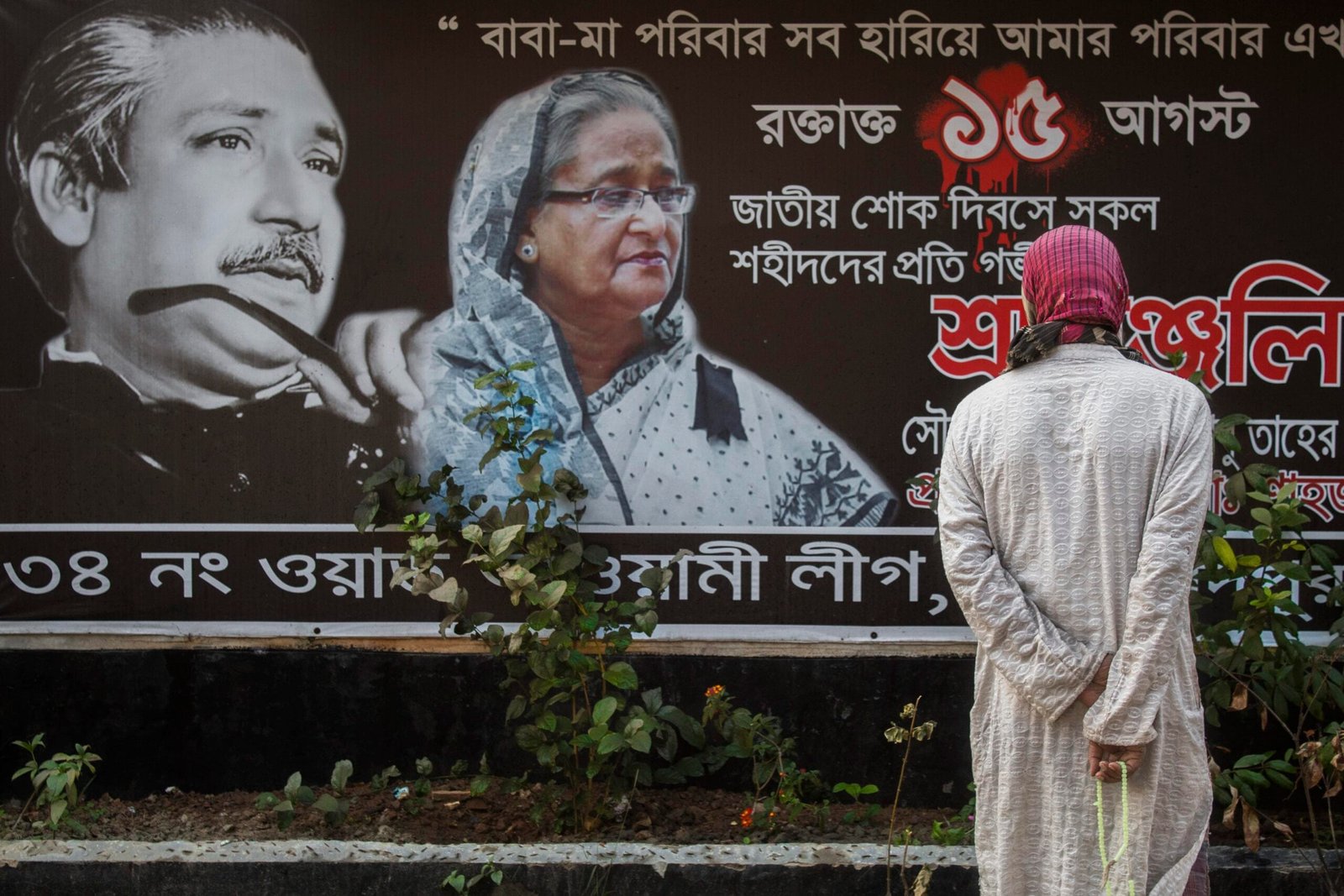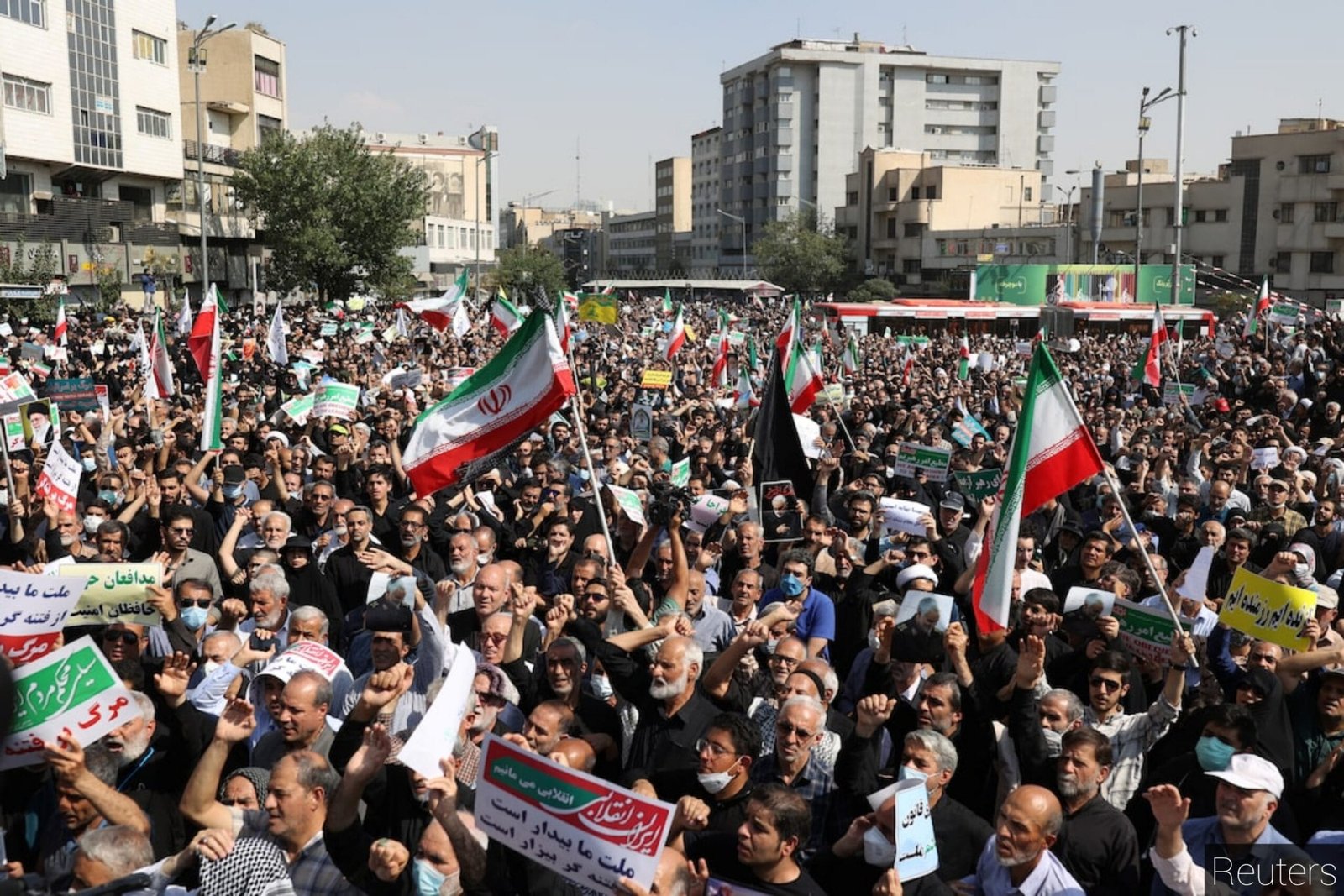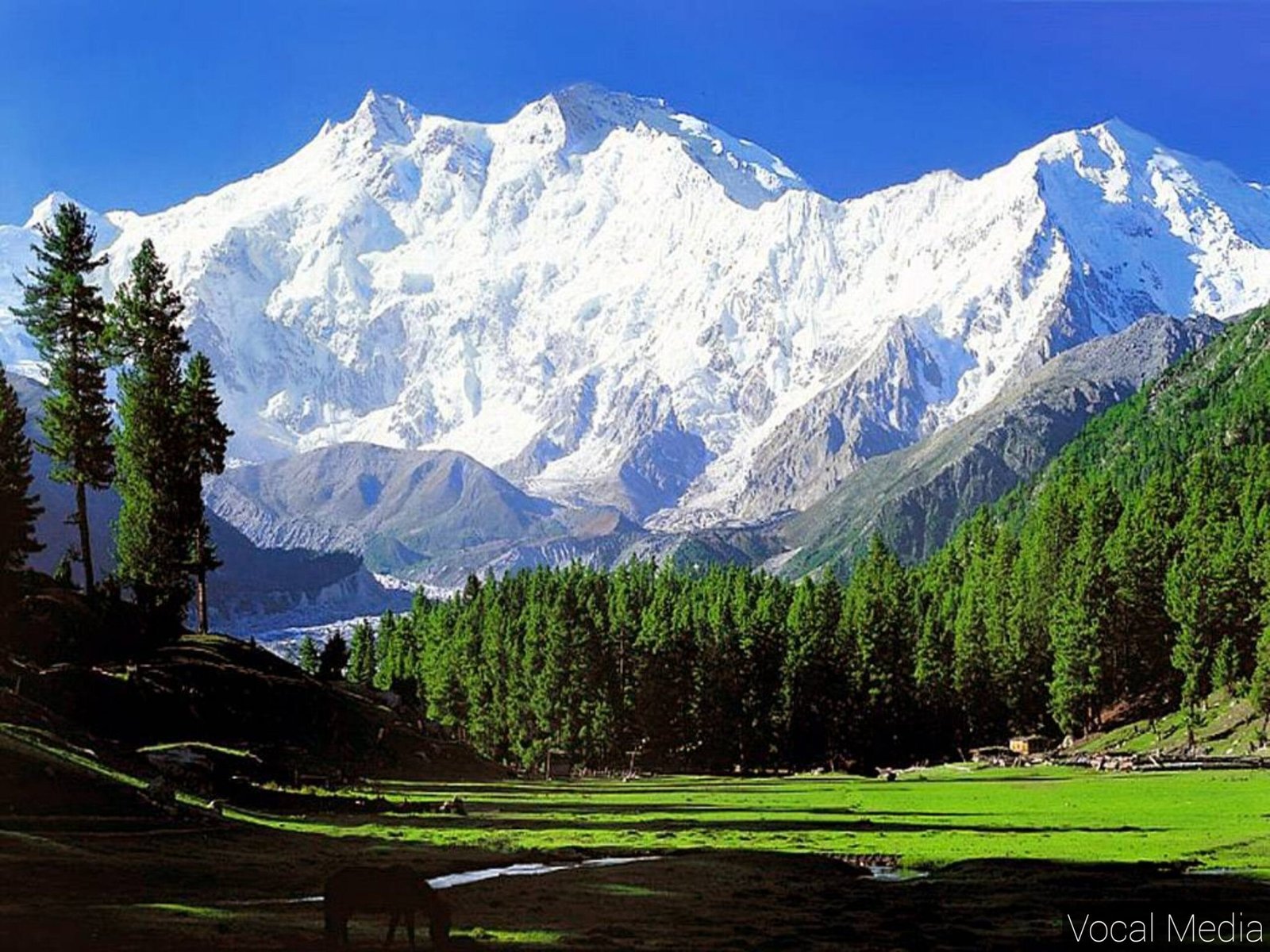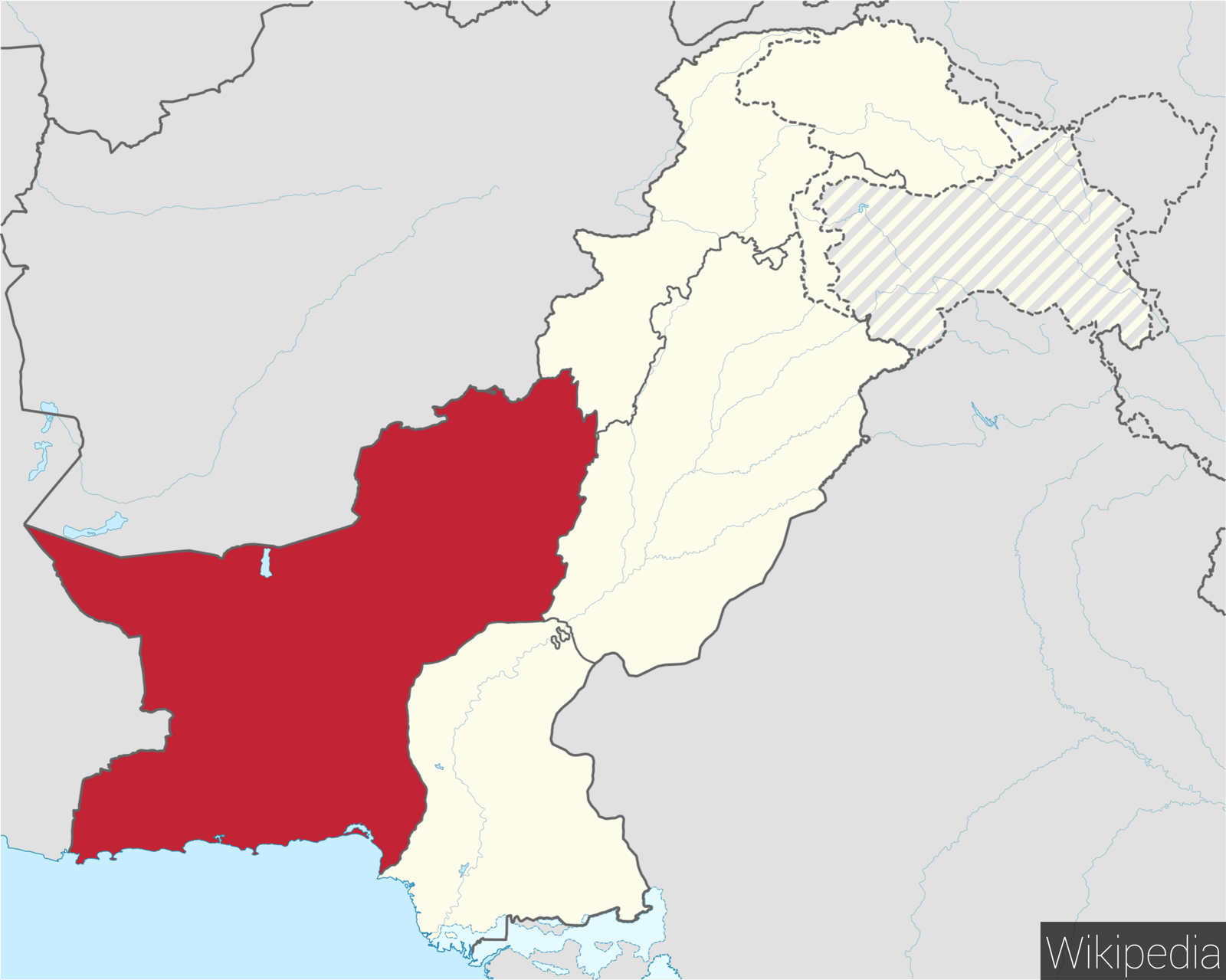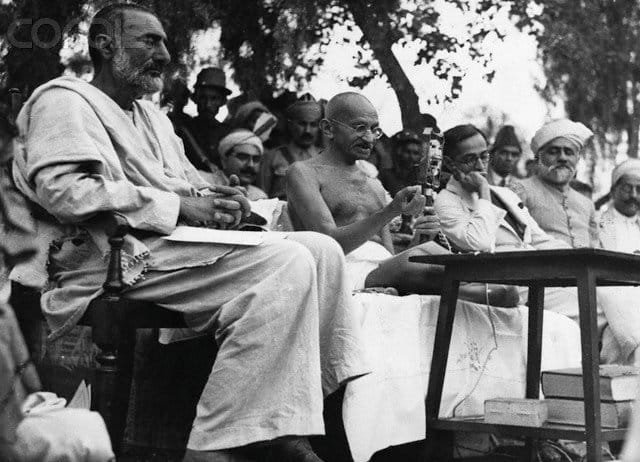
Table of Contents
Early Life and Background
Abdul Ghaffar Khan, also known as Bacha Khan, was born in Peshawar on February 6, 1890. His family belonged to the Mohmand tribe which was a prominent Pashtun clan known for its rich cultural heritage and values. His father was a respected village chief, and his mother played vital roles in instilling in him the values of compassion, integrity, and a strong sense of justice.
Bacha Khan’s childhood was spent during the period when the British ruled the subcontinent. This was a time when the people of the subcontinent were struggling for their rights. The injustices faced by the people of subcontinent under British authority greatly influenced his views. Seeing all this, Bacha Khan considered it necessary to carry out social reforms. He witnessed the disparities faced by the Indian people.
Bacha Khan’s early life was shaped by his education. He went to different schools and gained both academic knowledge and inspiration from reformers who wanted to improve society. These experiences opened his mind to new ideas. He also met many thinkers and leaders, which helped him form his own beliefs. He was deeply committed to education and helping his people. This strong desire to bring change became the base of his future work in the Indian independence movement.
Political Awakening and Social Reforms
Bacha Khan experienced a significant political awakening during the crucial period of the Indian independence movement. His consciousness regarding the socio-political plight of the Pashtun people was deeply influenced by the British colonial rule, which imposed numerous hardships on their lives. This awakening catalyzed a relentless pursuit for justice and equality, traits that would define his later efforts in advocating for the rights of his fellow Pashtuns.
Ghaffar Khan recognized that the struggle for political freedom was inherently linked to social reform. He fervently believed in the empowerment of the masses through education and social awareness. Consequently, he established the Khilafat Movement, a mobilization of various communities against colonial repression. His approach, underscored by non-violent principles, aligned him closely with the broader objectives of the Indian independence movement led by figures like Mahatma Gandhi.
Integral to his mission was the promotion of education as a vehicle for upliftment. Bacha Khan founded numerous schools, with a strong emphasis on advancing literacy, particularly among women. He understood that empowering women through education would ripple through future generations, fostering a more enlightened society. His school programs sought not only to educate but also to instill a sense of pride in Pashtun culture and heritage.
The educational institutions established under his guidance contributed significantly to social reform among the Pashtun population. Bacha Khan’s relentless advocacy fostered a sense of community, encouraging collective action towards political and social change. Through his initiatives, Abdul Ghaffar Khan advanced the broader agenda of not only liberating his people from colonial oppression but also elevating their social status through progressive education. His multifaceted approach underscores the importance of intertwining political and social reforms in pursuit of a just society.
Bacha Khan and the Indian National Congress
Bacha Khan had also played a vital role in Indian independence movement through his association with the Indian National Congress (INC). Bacha Khan was a strong supporter of nonviolence and peace, and he thought that different communities should work together to achieve independence from colonial control. Because of his commitment to this cause, he was a key figure in the Khilafat Movement, which was trying to protect the caliphate and rally opposition to British imperialism. He put a lot of effort into connecting the Indian Muslim community with the larger fight for independence through these initiatives.
One of the most notable aspects of Bacha Khan’s involvement with the INC was his relationship with Mahatma Gandhi. Despite coming from different cultural backgrounds, the two leaders shared a mutual respect for each other’s ideologies and were both committed to the principles of non-violent resistance. Gandhi’s philosophy of Satyagraha resonated with Bacha Khan, who adopted similar methods in his campaigns for social reform and self-rule. Their partnership underscored the importance of inclusivity within the independence movement, as they sought to rally people from various ethnic and religious backgrounds to stand together against colonial oppression.
However, Bacha Khan’s approach to achieving unity among communities was marked by unique strategies that sometimes diverged from Gandhi’s methods. He emphasized the importance of social reform, often advocating for education and women’s rights in tandem with the fight for political freedom. His vision extended beyond mere independence; it encompassed a hope for a harmonious and just society for all. Bacha Khan’s role within the INC and his collaboration with other leaders reflect the complexities of the independence movement and the vital contributions made by figures such as Abdul Ghaffar Khan in the quest for a free India.
The Khilafat Movement and Non-violent Resistance
Abdul Ghaffar Khan, widely known as Bacha Khan, played a pivotal role in the Khilafat Movement in the early 20th century. This movement, initiated by Indian Muslims in response to the disintegration of the Ottoman Empire, aimed to support the Caliphate during a time of great political upheaval. Bacha Khan recognized the significance of this struggle, not only for the Muslim community but also for the aspirations of the Indian populace against British colonial rule.
Bacha Khan’s commitment to non-violence was grounded in his belief that peaceful resistance could yield transformative results. He mobilized the Pashtun community through methods that emphasized civil disobedience, non-cooperation with colonial authorities, and peaceful protests. His organization, the Khilafat Movement, became a framework through which he galvanized support among the Pashtuns and other Indian communities. Through these efforts, he sought to unify different segments of society against British imperialism while fostering a spirit of brotherhood across religious boundaries.
The significance of Bacha Khan’s approach lay in his ability to integrate the principles of non-violent resistance into the broader anti-colonial struggle. He also encouraged the Pashtuns to engage in educational initiatives aimed at raising awareness about their rights and liberties. This laid the groundwork for future political engagement and activism within the community. Furthermore, Bacha Khan’s emphasis on maintaining peace and harmony during a turbulent time resonated deeply with many, enabling the movement to attract diverse support beyond just religious lines.
Ultimately, Bacha Khan’s role in the Khilafat Movement illustrated his unwavering commitment to non-violence and his belief that sustained peaceful resistance could bring about significant political changes. His legacy continues to inspire those who advocate for social justice and political reform in contemporary society.
Struggles Against Colonial Oppression
Bacha Khan, also known as Abdul Ghaffar Khan, was a prominent leader in the fight against British colonial rule in India. His life was marked by a series of challenges and struggles that tested his resolve and commitment to the ideals of justice and freedom. From the early stages of his activism, Bacha Khan faced significant repressive measures from the British authorities, who aimed to quell his growing influence among the Indian populace.
One of the most notable challenges he encountered was the frequent arrests that he faced due to his non-violent protests and political activities. Bacha Khan was a Strong proponent of the Khilafat Movement and later the Indian National Congress, emphasizing non-violence and peaceful resistance. His commitment to these principles often placed him in conflict with the colonial authorities. Over the course of his activism, he was imprisoned multiple times, enduring harsh conditions that tested his physical and mental strength. Each imprisonment served to galvanize his followers, further cementing his position as a martyr for the cause of freedom.
Beyond the individual hardships endured through imprisonment, Bacha Khan faced relentless surveillance and intimidation tactics from the British forces. He often mobilized thousands to participate in peaceful demonstrations, leading to retaliatory actions against him and his supporters. Despite these overwhelming odds, Bacha Khan maintained his resilience and unwavering commitment to the cause. His focus on education, social reform, and unity among the Indian populace was instrumental in fostering a sense of collective identity and strength against colonial oppression.
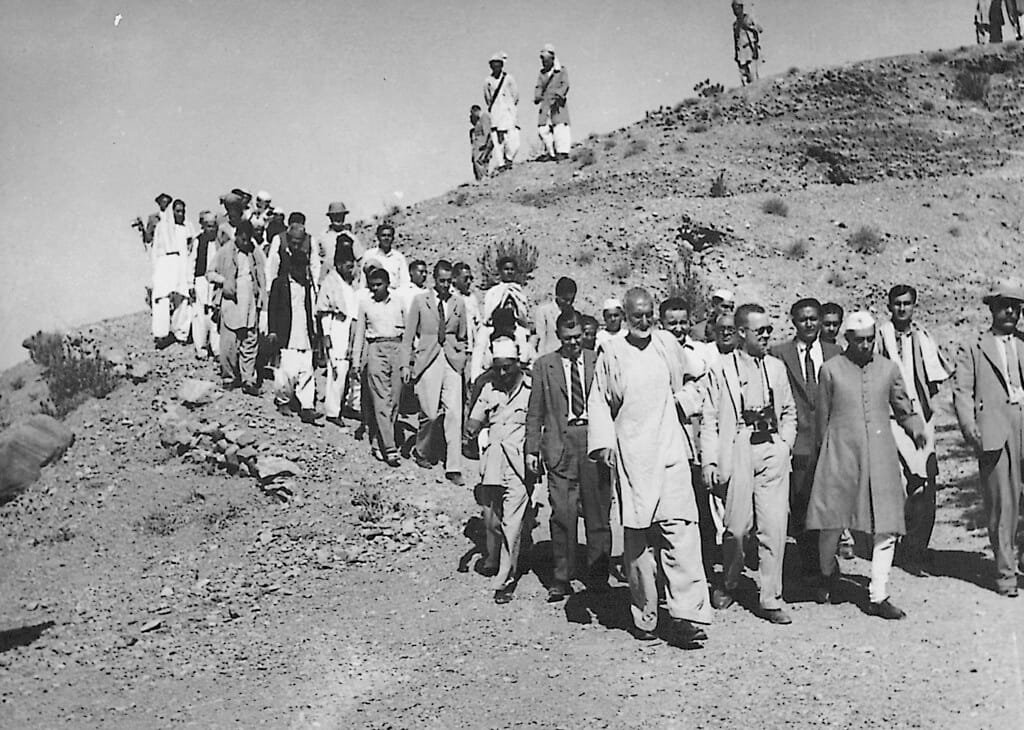
Through his struggles, Abdul Ghaffar Khan not only epitomized the spirit of resistance against colonial rule but also inspired future generations to pursue justice through peaceful means. His legacy as a leader stands testament to the power of determination in the face of adversity.
Post-Partition Contributions and Political Challenges
Following the partition of India in 1947, Bacha Khan, also known as Abdul Ghaffar Khan, found himself at a critical juncture in his political life. His vision for a united India, grounded in his principles of non-violence and unity among diverse communities, contrasted sharply with the realities of the newly established Pakistan. The creation of Pakistan presented both opportunities and significant challenges for Khan, who had devoted his life to advocating for the rights of the Pashtun people and promoting educational reforms aimed at uplifting the marginalized communities.
As Pakistan emerged from the turbulent backdrop of partition, Bacha Khan became an influential political figure within the region. He was a staunch advocate for the Pashtun people’s rights and actively fought against the socio-political injustices faced by minorities. His dedication to the Indian National Congress and his philosophy of non-violence placed him at odds with the dominant political currents in Pakistan, leading to tensions with the new government’s leadership. Despite these challenges, Bacha Khan continued to contribute actively to the politics of the region, pressing for policies that would ensure social justice and equity for all oppressed groups, including the Hindko and other minority ethnicities within Khyber Pakhtunkhwa.
His political journey was not without difficulties; he faced opposition from various factions who viewed his vision for an inclusive society as a threat. Nevertheless, Bacha Khan’s determination never waned. He launched various initiatives aimed at improving the education and welfare of his people, emphasizing the importance of peaceful coexistence and collaboration among different ethnic groups. The political landscape during this period was fraught with challenges, but Bacha Khan continued to exemplify his ideals of peace and unity, tethering his legacy to the ongoing struggle for rights and autonomy among the Pashtun population. His contributions during this time laid a foundation for future generations to build upon.
Bacha Khan’s Legacy and Influence
Bacha Khan, also known as Abdul Ghaffar Khan, is revered as a significant figure in the history of the Indian subcontinent, particularly in the context of the struggle for independence from British colonial rule. His steadfast commitment to non-violence, inspired by the teachings of Mahatma Gandhi, laid the foundation for a unique approach to social and political change that prioritized peace and justice. This philosophy resonates powerfully in contemporary movements advocating for human rights and social equity across the globe.
The legacy of Bacha Khan is evident in various forms. Numerous educational institutions, social organizations, and memorials across Pakistan and India pay tribute to his teachings and his tireless efforts to uplift marginalized communities. The Khilafat Movement and the Khilafat Movement were instrumental in providing a platform for his vision of a just society, emphasizing education and empowerment, especially for women and the underprivileged. Institutions such as the Bacha Khan University in Pakistan serve as vital centers for learning and continue to propagate his ideals, fostering new generations committed to his principles.
Moreover, the philosophy of non-violence that Abdul Ghaffar Khan ardently promoted is increasingly relevant in a world often plagued by conflict and injustice. His approach to activism has inspired other significant leaders and movements internationally, highlighting the potential for peaceful resistance as a means of effecting change. Contemporary social movements, from environmental activism to those fighting for racial equality, often cite Bacha Khan’s teachings as foundational influences. His legacy is not merely historical; it actively shapes ongoing dialogues about justice and peace, encouraging individuals to embrace his vision as they advocate for their rights in modern society.
Personal Life: Family and Values
Bacha Khan, also known as Abdul Ghaffar Khan, was not only a prominent political figure but also a devoted family man who held steadfast to traditional family values. Born into a Pashtun family in the early 1890s, Bacha Khan was deeply influenced by the cultural context of his upbringing. His family was instrumental in shaping his beliefs and character, as they instilled in him the importance of duty towards one’s community and kin. Coming from a lineage that emphasized education and social service, Bacha Khan adopted these principles throughout his life.
He married multiple times and fathered several children, nurturing a family environment grounded in respect, love, and service. Abdul Ghaffar Khan prioritized his family not only in personal terms but also as part of a larger community commitment. He worked diligently to promote education for his children, understanding that knowledge was the first step toward empowerment. His relationships extended beyond familial ties, as he fostered connections within his community, inspiring a collective effort to combat social injustices.
The values upheld in Bacha Khan’s personal life greatly influenced his public activism. He strongly advocated for nonviolence and unity among the Pashtun people. His commitment to these values encouraged an environment where reconciliation and dialogue prevailed over conflict, thus shaping his political ideology. Personal crises and familial losses only strengthened his resolve to pursue social justice and the upliftment of his compatriots. Abdul Ghaffar Khan’s legacy remains a testament to the notion that personal integrity and familial responsibilities can significantly enhance one’s public life and leadership. This blend of personal and public devotion illustrates why Bacha Khan is revered not only as a leader but also as a compassionate human being committed to the welfare of his people.
Recognition and International Honors
The legacy of Bacha Khan, also known as Abdul Ghaffar Khan, continues to be recognized and celebrated internationally for his significant contributions to peace, social justice, and human rights. Following his passing, numerous honors have been awarded to commemorate his efforts and ideals, reflecting the universal applicability of his vision for harmony and co-existence among diverse communities.
One of the most notable recognitions is the inclusion of Bacha Khan’s name in various educational institutions and public spaces across the globe. In India, for example, numerous schools and colleges have adopted his name in an effort to inspire new generations with his philosophies of non-violence and social reform. Furthermore, several streets and public parks have also been renamed in his honor, serving as a constant reminder of his ideals of brotherhood and peace.
Internationally, Bacha Khan has been honored through various commemorative events, including seminars, symposiums, and peace marches. Organizations advocating for human rights and peace have hosted gatherings where Abdul Ghaffar Khan’s contributions are discussed, emphasizing his work in promoting non-violent resistance against oppression. Notably, several documentaries have been produced that depict his life and achievements, reflecting his influence beyond the borders of his home region.
In recent years, the United Nations has also acknowledged Bacha Khan’s contributions to peacebuilding. His birthday is celebrated as a reminder of the continuing struggle for peace, with various events organized worldwide to promote his message of unity and compassion. Additionally, awards in his honor have been established to recognize individuals who embody his principles of non-violence and humanitarian service. Such recognitions not only highlight the enduring relevance of Abdul Ghaffar Khan’s philosophies but also pave the way for future generations to apply his teachings in addressing contemporary challenges.


